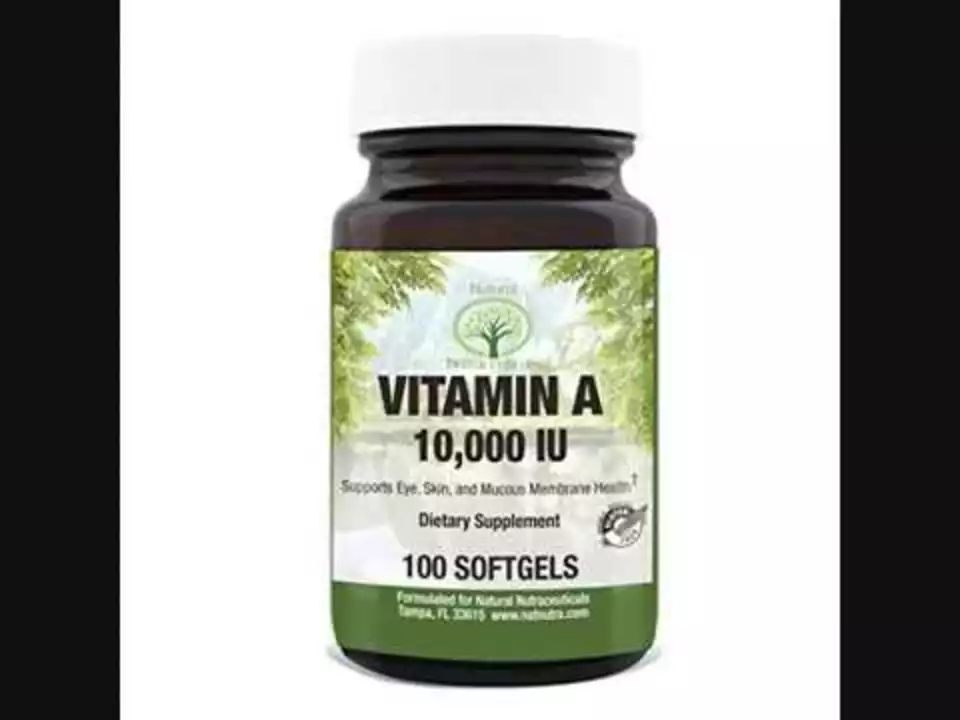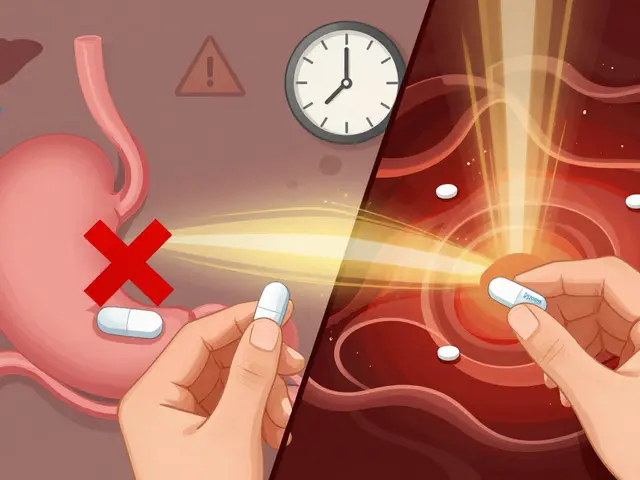Health benefits: what really helps and what to watch for
Not every pill, powder, or cream lives up to the hype. Some products bring clear benefits, others do nothing — and a few can cause harm. This page cuts through the noise with practical steps you can use right away: how to tell useful health benefits from marketing, how to stay safe, and how to save money on real treatments.
Start with evidence. Look for clinical trials or guidelines from trusted groups. For example, glucosamine hydrochloride has shown modest benefit for joint pain in some studies, and dietary fiber helps recovery and digestion after gastroenteritis by normalizing bowel movements. Those are specific, tested effects you can expect to see. Contrast that with trendy oils or extracts where human data is thin; babassu and cananga oil sound promising, but human trials are limited. That doesn’t mean they’re useless — it means treat them cautiously.
Prescription drugs and supplements are different tools. Prescription meds like rivastigmine (Exelon) or SGLT2 drugs for diabetes have well-documented effects and risks. Use them under a doctor’s care. Supplements may support health but usually with smaller, variable effects. Don’t swap a prescribed drug for a supplement without talking to your provider.
How to evaluate a claimed health benefit
Ask simple questions: Who paid for the study? Was it done in people or just cells/animals? Is the dose realistic for daily use? Good signs are randomized trials, consistent results, and clear safety data. Red flags include single small studies, celebrity endorsements, and promises that a product cures many unrelated conditions.
Watch for interactions and side effects. Even common meds can cause unexpected problems — for example, some blood pressure drugs have been linked to skin reactions for some people. Keep a list of everything you take and share it with your clinician. Start new products one at a time so you can spot what makes a difference or causes trouble.
Shopping smart and saving money
If cost is an issue, try coupon sites, manufacturer savings cards, or compare licensed pharmacies. For online purchases, verify the pharmacy’s license, read customer feedback, and avoid sellers that won’t require a prescription for prescription-only drugs. Canadian or international pharmacies can be cheaper, but confirm legitimacy and shipping times. For over-the-counter supplements, buy from reputable brands with third-party testing when possible.
Use a short tracking habit: note start date, dose, expected benefit, and side effects. Check results after a few weeks and adjust with your clinician. That simple routine helps you separate real health benefits from placebo effects and keeps you safer.
Got a specific product or medication you’re curious about? Ask — we can point to what evidence exists and what safety steps to take next.

Caraway: The Natural Dietary Supplement You Need to Improve Your Digestion
As someone who's always on the lookout for natural ways to improve my health, I recently came across caraway, a potent dietary supplement that has been found to have amazing benefits for our digestion. Caraway seeds have been used for centuries in traditional medicine to treat various digestive ailments, such as bloating, gas, and indigestion. Their active compounds, like carvone and limonene, have anti-inflammatory and antispasmodic properties, which help soothe the digestive tract. I'm excited to incorporate caraway into my daily routine, either by adding the seeds to my meals or taking a supplement, to support my digestive health. If you're looking to improve your digestion naturally, caraway might just be the answer you've been searching for!
View More




